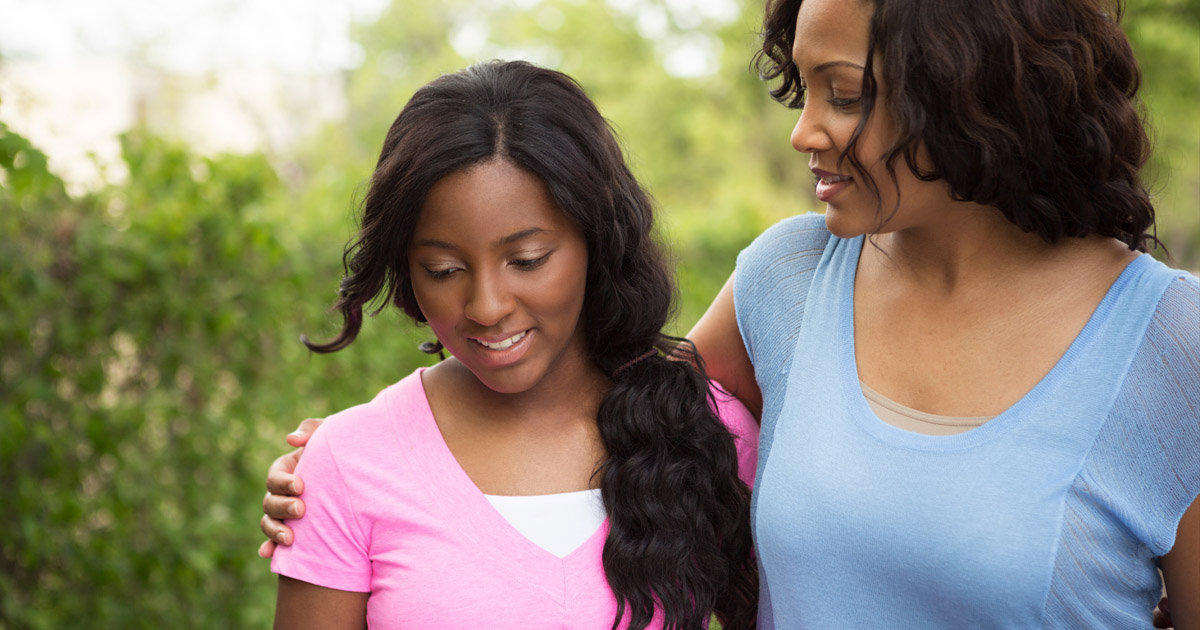Society is inundated with confusing and misleading information about sex education, making it more important than ever to make sure children are armed with the knowledge they need to navigate it. But how do we even know where to start?
The best way is to ask for help from the experts.
Sexually educated children make for sexually responsible adults—and it's already proven that teaching children about safe sex doesn't make them more promiscuous. If anything, it decreases their risk of accidental pregnancies and helps them develop healthy attitudes about their sexual selves and relationships.
Planned Parenthood of the Rocky Mountains has been doing their part to spread good information with their program In Case You're Curious (ICYC), a free text line that has allowed children to anonymously ask questions and receive answers about sex, health, and their bodies. Over the years, the service has engaged in over 79,000 unique conversations, with youth reaching out to understand things that they should be—but are clearly not—being taught by anyone else.
Now, these questions have been carefully picked and compiled into a book of the same name, offering rare insight into what our children are secretly curious and begging to be taught about. When only 17 states in America require that sex education in school is medically accurate—Michigan is not one of them—a resource such as this is invaluable.
In Case You're Curious: Questions about Sex from Young People with Answers from the Experts is a way for parents to connect and break the ice with their teens to jump-start an ongoing conversation about sexuality, healthy relationships, and self-care. Accompanied by Meghan Hilton's fun and original illustrations, the experts at Planned Parenthood provide answers to some of the most common and interesting questions from young people today, among them:
- Can you die from masturbating too much?
- Is 12 too young to know I'm bi?
- Can you get an STI from a toilet seat?
- How do I tell my partner "no"?
Whether your child has questions about consent, birth control, development or something else related to sexual health, this nonjudgmental resource helps take the awkwardness out of it—while providing factual and helpful information.
"Talking to your kids about tough topics including sexual health is important," said Jordan Ebanaya, Community Outreach Educator, Planned Parenthood of Michigan. "What we know is that when parents do have these tough conversations, youth are more likely to make better choices, delay sexual onset and are more likely to use protection when they do have sex."
Rather than having one big sit-down that's awkward and uncomfortable for everyone, Ebanaya suggests finding ways to incorporate these topics into everyday conversations.
For more information and resources for having these mini conversations, contact [email protected] or attend a SAPAT parent event.
Written by Sarah Suydam, Staff Writer for West Michigan Woman.




